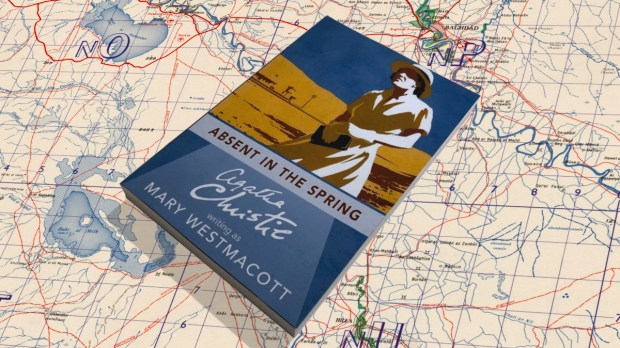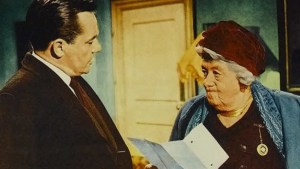Lenten Campaign 2025
This content is free of charge, as are all our articles.
Support us with a donation that is tax-deductible and enable us to continue to reach millions of readers.
I love reading, and always have a few books going at any given time. Most of the books I come across are fairly formulaic, but recently I read a book that was absolutely distinct, and I can’t stop thinking about it.
The book is an Agatha Christie novel called Absent in the Spring, and I found out about it when Well-Read Mom included it as a suggested summer read.
I’ve led a Well-Read Mom reading group for over five years, but typically my group doesn’t read anything over the summer to give everyone some time off, especially as so many members travel or have other commitments during the summer months.
Absent in the Spring is a quick read, just 12 chapters long, and I flew through it in two days. In fact, once I started, I could barely put it down.
When I finished it, I turned to my husband and said, “This book just blew open my entire brain.”
A sudden spiritual call
The book follows the inner revelations of a prideful and manipulative suburban housewife, Joan Scudamore.
Joan is an obnoxious figure who essentially “persecutes” everyone with whom she comes into contact, from children to friends to household staff, with her relentless nagging and criticism. Yet she is smug and self-righteous, thinking herself better than everyone else.
When a train trip goes wrong and she’s left stranded in a foreign rest stop for several days, Joan is forced to really see herself and her life for the first time, having always crowded her life with distractions to avoid facing the truth.
The book explores what would happen if someone in the modern day had a sudden blinding spiritual revelation, like St. Paul, and whether that person would say yes or no to the call to reform.

Agatha Christie’s masterpiece
Agatha Christie is better known for her Miss Marple and Hercule Poirot mysteries, but Absent in the Spring might be her masterpiece.
She herself felt it was her best work. She once wrote of it, “The one book that has satisfied me completely – the book I always wanted to write.”
I can see why. It must have taken incredible skill and psychological insight to create such a realistic and awful character.
We all have a little of Joan in us, the petty and smug little voice inside that thinks we know everything and assumes that we have the best possible perspective on any issue. Her life, crowded with modern conveniences and occupations, yet bereft of self-reflection, is so relatable, so familiar.
Yet Joan has the chance to do better and make things right. Will she take it? Whether she does or not, I learned so much from this story, mostly about the kind of wife and mother I never want to be like.
This book is a modern classic and a masterpiece. It changed the way I see the world, and I will be thinking about it for years and years to come.



